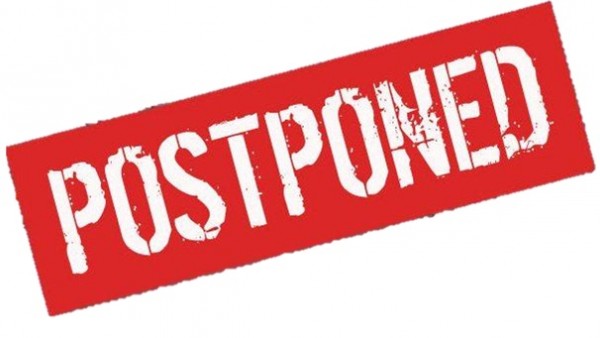Environmental changes across the world have generated a movement to identify the causes of global warming and develop solutions to end it before it is too late. In an effort to achive this, many countries are creating laws and regulations with the specific aim to reduce carbon emissions and greenhouse gas effect.
The truth is that environmental change is upon us. Not only do we have climate problems but we are also dealing with a resource depletion issue. With economies like India and China growing at near double digit rates, the population of the world continues to grow creating shortages of many resources that we use to take for granted.… Read the rest



